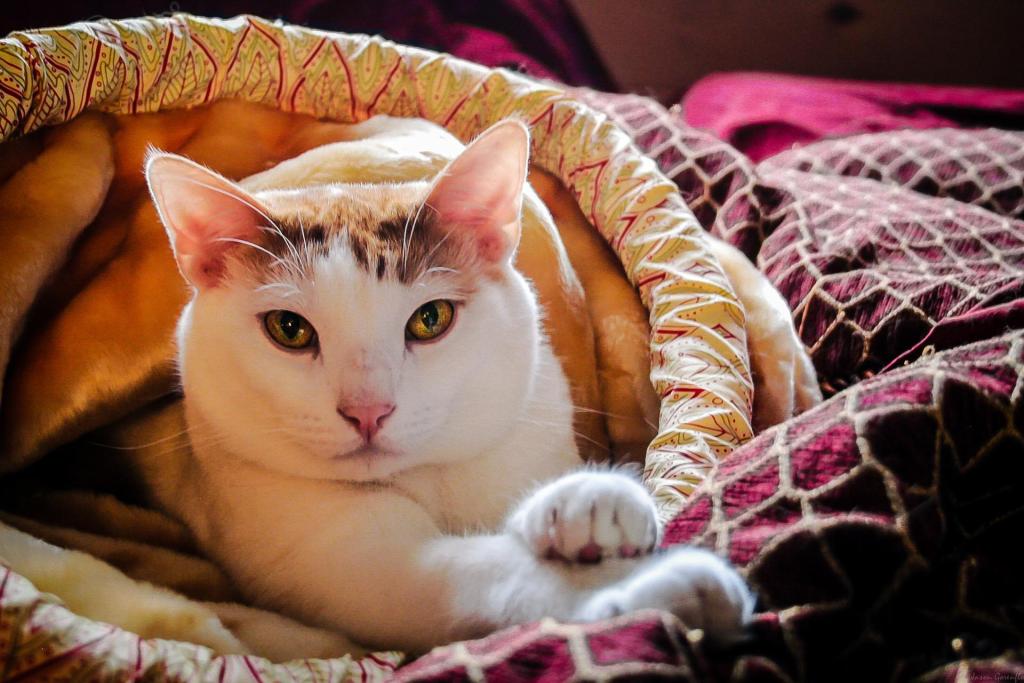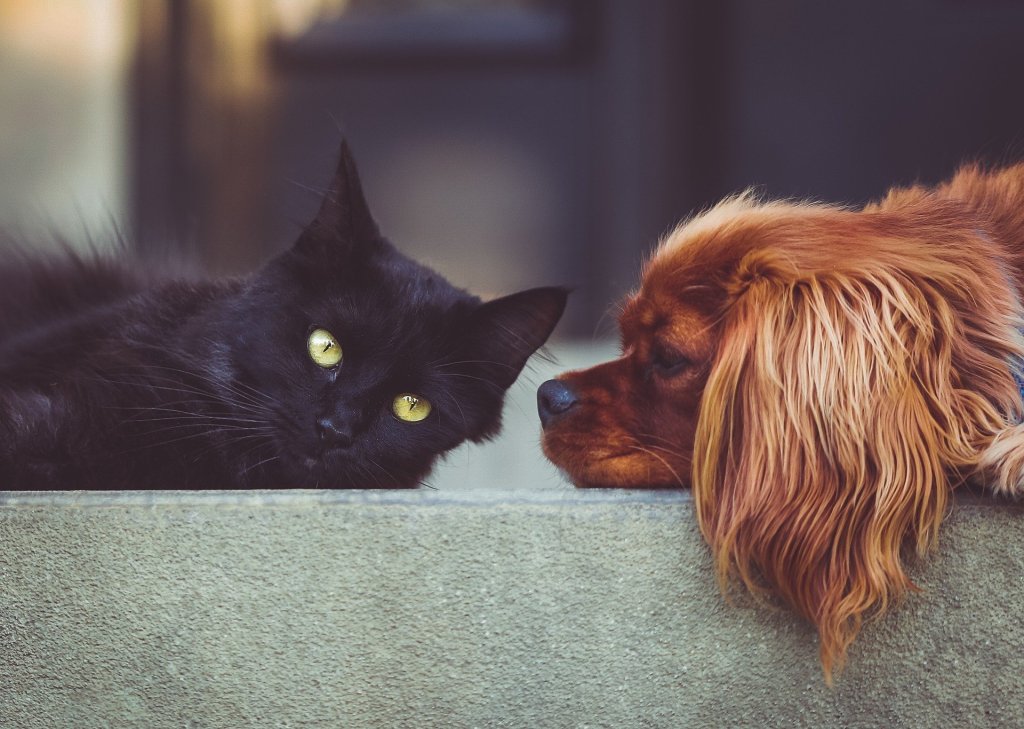When you’re thinking of adding a new pet to your home, it’s natural to focus on elements like how that animal will fit into your lifestyle and what its care requirements are. But how much do you think about what it will cost to care for the pet, both over a year and over its lifetime? Unfortunately, pet ownership can get expensive, and it’s important to make sure that you can financially afford the pet that you’re considering. Weighing the cost to own a cat or a dog can help you to tell if you’re truly prepared to give the pet everything it will need. The costs of pet ownership can vary, and even if you’ve adopted a cat or dog before, the actual costs of caring for pets might surprise you.

What does it cost to own a cat versus a dog?
According to MarketWatch, you’ll pay significantly more when you own a dog than you will when you own a cat, and those price differences start when you bring home your new animal.
The upfront costs of bringing home a new dog range from $1,050 to $4,480. In contrast, bringing home a cat costs between $695 and $3,100. While adopting from a shelter may save you some money compared to buying a pet from a breeder, keep in mind that the costs to bring home a pet also include purchasing essential supplies like crates, beds, food, and toys.
You’ll also pay less to care for your cat long-term than you will to care for a dog. Cat annual essentials, including vet care and food, cost from $300 to $1,450 per year. Dog parents pay significantly more, with costs ranging from $480 to $3,470. Even expenses like pet insurance and grooming cost more for dogs. These services can cost up to about $3,440 for cats, whereas dog owners can pay up to $4,040 per year for these services.
Several different factors explain the difference in these prices. When it comes to acquiring a new pet, it’s more common for pet owners to buy dogs from breeders than it is for them to buy cats from breeders. Adopting from shelters tends to be a more affordable option, so cat parents may save some money right off the bat.
Feeding dogs cost more because dogs, particularly large breed dogs, eat more than cats do. Grooming costs are also higher because dogs are larger animals and take more time to groom.
Keep in mind that, while dogs cost more per year to care for, they have a shorter lifespan than cats. As a result, if your cat lives to 20, you’ll pay more to care for him over his lifetime than you would pay for a dog who only lived to 12.

Understanding vet care costs
One variable can turn these figures on their head, though: vet care. The above figures are averages and ranges, and vet care is even included in the “annual essentials” category. But if your pet suffers a serious injury or an accident, those vet care costs can increase tremendously.
According to MarketWatch, it can cost between $3,000 and $6,000 to fix a pet’s broken leg. These veterinary emergencies can be incredibly expensive and can drive up the cost of having a pet.
That’s why it’s so important to be prepared for these emergencies. You can create your own emergency fund by opening a savings account just for your pet’s emergency vet bills. Contribute some money from each paycheck to that account and you’ll be able to grow that balance fairly quickly. Knowing that you have these extra funds on hand in case of an emergency can make dealing with your pet’s medical issues less stressful.
It’s also worth looking into pet health insurance. The price of the policies will vary depending on your pet’s breed, age, and medical history, but pet health insurance can help to reduce the size of the vet bills you might see in an emergency. Policies and coverages vary, so be sure to carefully read the information, including the deductible, exclusions, and limitations, of any policy that you’re considering.
If you’re undecided about whether you want to add a cat or a dog into your life, you might want to consider the difference in what you will pay to acquire and care for each type of pet. Keep in mind that those figures are estimates only, and your costs may vary depending on your pet’s breed and health issues. Getting a cat might save you some money, but it’s more important to make sure that the pet you choose is a great fit for your life. You’ll be spending the next 10 or more years with your pet, and she’ll become an integral member of your family. Spend plenty of time making this decision so you’ll know that, in the end, you’re bringing home the pet who’s meant for your family.


